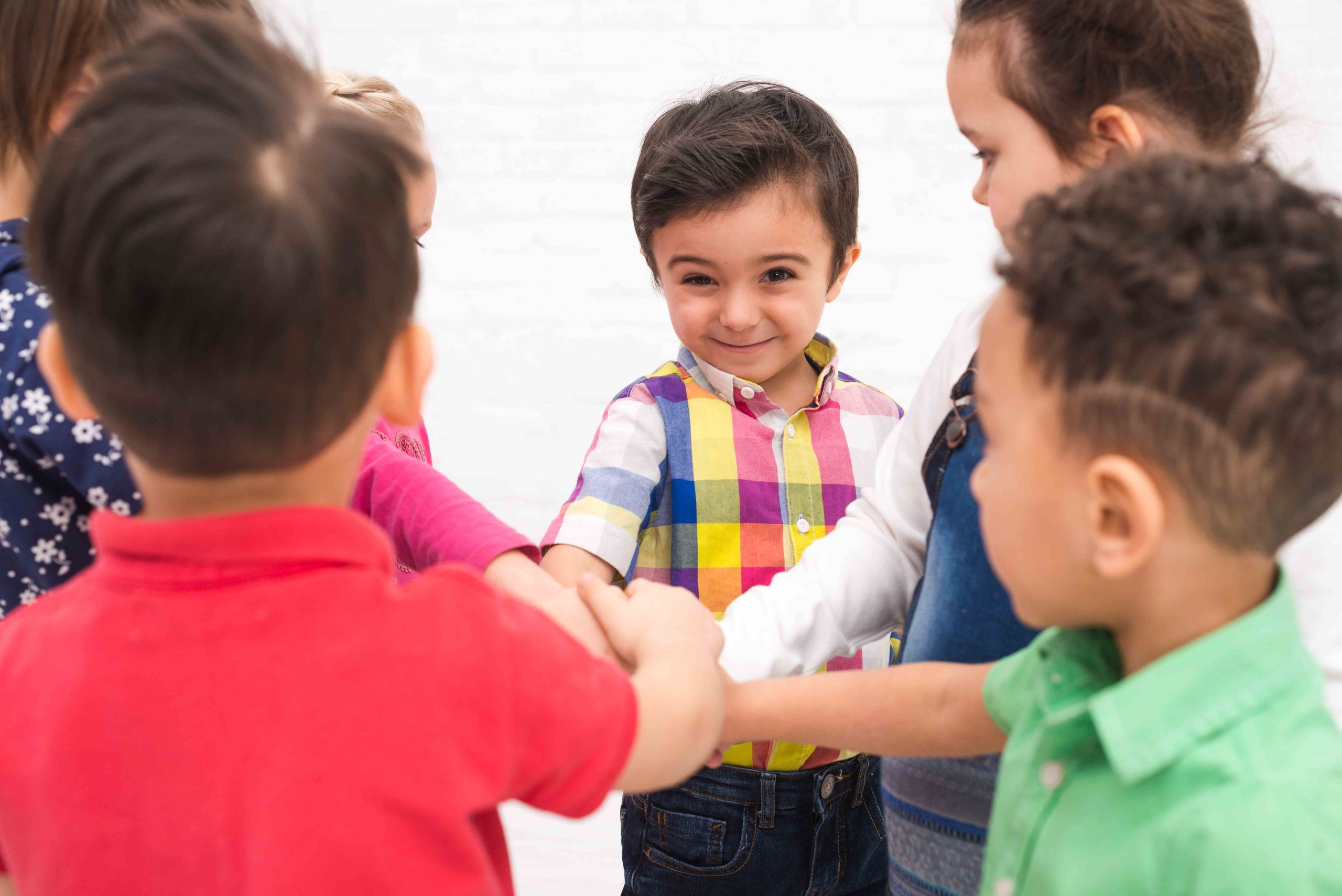
Developing Teamwork Skills in Preschoolers
Fostering teamwork among preschoolers is crucial for their social development. In this article, we explore the benefits of teamwork, strategies for implementation, challenges, and the roles of educators and parents.
Benefits of Teamwork
- Social Skills: Working together helps preschoolers communicate, cooperate, and share ideas effectively.
- Problem-Solving Skills: Collaborative problem-solving encourages critical thinking and decision-making.
- Empathy: Teamwork fosters understanding and appreciation of others’ perspectives and feelings.
- Academic Performance: Research suggests that teamwork enhances academic outcomes among preschoolers.
Strategies for Implementation
- Encourage Cooperative Play: Facilitate games that promote cooperation, such as building blocks or team sports.
- Assign Group Projects: Engage preschoolers in collaborative activities like creating murals or organizing class events.
- Model Teamwork: Set an example by collaborating with colleagues and involving children in decision-making processes.
- Praise and Reward: Recognize and reinforce instances of teamwork to motivate continued cooperation.
- Provide Leadership Opportunities: Allow preschoolers to take on leadership roles within their teams to foster responsibility and teamwork.
Challenges and Solutions
- Individualistic Tendencies: Encourage consideration of team goals alongside individual needs.
- Conflict Resolution: Teach conflict resolution techniques like active listening and compromise.
- Unequal Participation: Rotate roles to ensure equal involvement and contribution from all team members.
- Attention Span: Break tasks into smaller segments and incorporate movement breaks to maintain focus.
- Language Barriers: Provide support such as translation services or visual aids to aid communication.
Implementing Teamwork in Educational Settings
Educators can incorporate teamwork into lessons through collaborative activities, team-building exercises, and positive reinforcement.
Parental Involvement
Parents play a vital role in promoting teamwork at home through cooperative games, modeling teamwork behaviors, and supporting classroom initiatives.
Teamwork Activities for Preschoolers
- Building towers: Provide preschoolers with materials such as blocks, cups, or straws, and challenge them to build a tower together. Encourage them to work collaboratively and take turns in building.
- Obstacle course: Create an obstacle course with various challenges that preschoolers can complete together. Encourage them to work together to navigate the course and overcome the challenges.
- Group art projects: Assign group art projects such as painting a mural or creating a collage. Encourage preschoolers to work collaboratively and build on each other’s ideas.
Conclusion
Developing teamwork skills in preschoolers is essential for their holistic development. By implementing effective strategies and involving both educators and parents, we can nurture a collaborative spirit that prepares children for success in various aspects of life.


